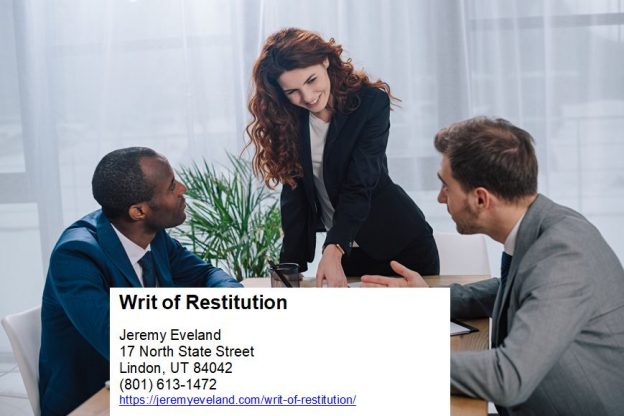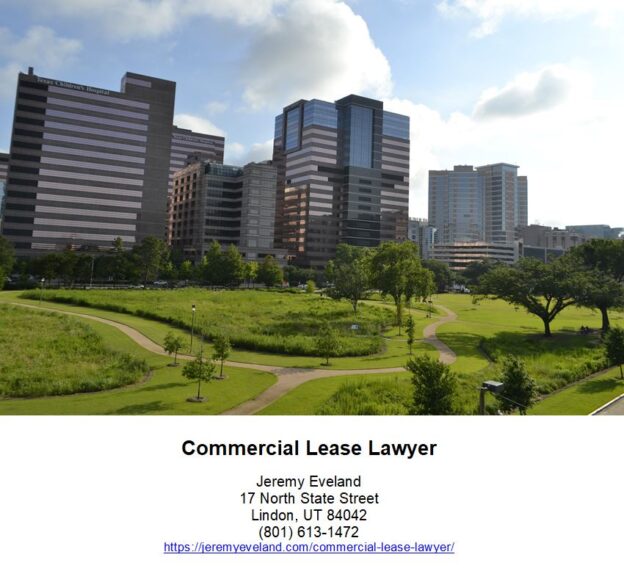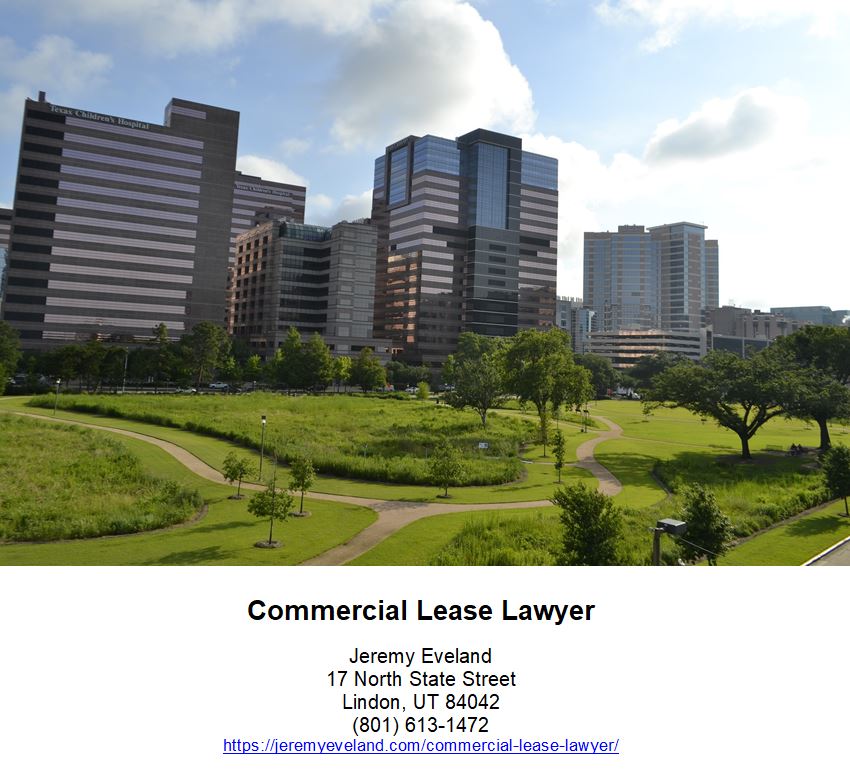As a lawyer, I have come across the term “writ of restitution” on numerous occasions. In simple terms, a writ of restitution is a legal order that authorizes the return of property to its rightful owner after it has been wrongfully taken or withheld by someone else. This can be a complex legal process, and there are many factors to consider when pursuing a writ of restitution.
The Basics of Writ of Restitution
A writ of restitution is generally used in cases where a person has been unlawfully evicted from their property without proper legal procedures being followed. In such cases, the writ of restitution orders that the premises be returned to the rightful owner, and the person who carried out the eviction is ordered to pay damages for any losses incurred due to the eviction.
In most jurisdictions, landlords are required to follow specific legal procedures before they can evict a tenant. These procedures usually involve serving the tenant with a notice of eviction, giving them time to vacate the property, and obtaining a court order before carrying out the eviction. If the landlord fails to follow these procedures, they may be liable for damages resulting from the unlawful eviction.
When a tenant has been unlawfully evicted, they have the right to file a claim for damages against the landlord. The writ of restitution is one of the remedies available to tenants in such cases. However, it should be noted that the exact requirements for filing a claim for a writ of restitution can vary depending on the jurisdiction.
Requirements for Filing a Writ of Restitution
In general, a writ of restitution can be filed when a person has been unlawfully deprived of their property. However, certain requirements must be met before a writ of restitution can be granted. These requirements may include:
Evidence of Unlawful Possession: The person seeking the writ of restitution must provide evidence that the property was taken or withheld from them unlawfully. This may include evidence of an unlawful eviction, the use of physical force to take the property, or any other method that involves the deprivation of property without legal justification.
Proof of Ownership: The person seeking the writ of restitution must also provide proof of ownership of the property in question. This may include copies of deeds, title documents, or any other documentation that establishes ownership.
Filing Requirements: The person seeking the writ of restitution must comply with all filing requirements established by the court. These requirements may include submitting specific forms, paying fees, and providing notice to the opposing party.
Jurisdictional Requirements: In some cases, the jurisdiction where the property is located may limit the ability to file a writ of restitution. For example, some jurisdictions may require that the property be located within their boundaries or have specific residency requirements.
The Process for Obtaining a Writ of Restitution
Obtaining a writ of restitution can be a complex legal process that requires the assistance of an experienced attorney. The process typically involves the following steps:
Filing the Claim: The claim for a writ of restitution must be filed with the appropriate court. This may involve completing specific forms, providing evidence of unlawful possession and ownership, and complying with all filing requirements.
Notice to the Opposing Party: Once the claim has been filed, the opposing party must be notified of the claim. This may involve serving them with a copy of the claim or providing notice through other means authorized by the court.
Hearing: A hearing will be scheduled where both parties will have the opportunity to present evidence and arguments. The court will then make a decision based on the evidence presented.
Order: If the court grants the writ of restitution, it will issue an order requiring the return of the property to its rightful owner. The order may also include damages awarded to the plaintiff for losses incurred due to the unlawful possession or eviction.
Enforcement of the Writ of Restitution
Once a writ of restitution has been granted, it is up to the plaintiff to enforce the order. This may involve working with law enforcement officials to recover the property or taking legal action against the opposing party for failure to comply with the court order. In Utah we typically use the services of a constable to enforce the writ of restitution.
In some cases, the opposing party may appeal the decision, which can further delay the process of recovering the property. It is therefore important to work with an experienced attorney who can help navigate the complex legal process and ensure that your rights are protected throughout the process.
A writ of restitution is a powerful legal tool that can be used to recover property that has been unlawfully taken or withheld. However, obtaining a writ of restitution can be a complex legal process that requires the assistance of an experienced attorney. If you believe that you have been unlawfully deprived of property, it is important to speak with an attorney as soon as possible to explore your legal options and protect your rights.
Areas We Serve
We serve individuals and businesses in the following locations:
Salt Lake City Utah
West Valley City Utah
Provo Utah
West Jordan Utah
Orem Utah
Sandy Utah
Ogden Utah
St. George Utah
Layton Utah
South Jordan Utah
Lehi Utah
Millcreek Utah
Taylorsville Utah
Logan Utah
Murray Utah
Draper Utah
Bountiful Utah
Riverton Utah
Herriman Utah
Spanish Fork Utah
Roy Utah
Pleasant Grove Utah
Kearns Utah
Tooele Utah
Cottonwood Heights Utah
Midvale Utah
Springville Utah
Eagle Mountain Utah
Cedar City Utah
Kaysville Utah
Clearfield Utah
Holladay Utah
American Fork Utah
Syracuse Utah
Saratoga Springs Utah
Magna Utah
Washington Utah
South Salt Lake Utah
Farmington Utah
Clinton Utah
North Salt Lake Utah
Payson Utah
North Ogden Utah
Brigham City Utah
Highland Utah
Centerville Utah
Hurricane Utah
South Ogden Utah
Heber Utah
West Haven Utah
Bluffdale Utah
Santaquin Utah
Smithfield Utah
Woods Cross Utah
Grantsville Utah
Lindon Utah
North Logan Utah
West Point Utah
Vernal Utah
Alpine Utah
Cedar Hills Utah
Pleasant View Utah
Mapleton Utah
Stansbury Par Utah
Washington Terrace Utah
Riverdale Utah
Hooper Utah
Tremonton Utah
Ivins Utah
Park City Utah
Price Utah
Hyrum Utah
Summit Park Utah
Salem Utah
Richfield Utah
Santa Clara Utah
Providence Utah
South Weber Utah
Vineyard Utah
Ephraim Utah
Roosevelt Utah
Farr West Utah
Plain City Utah
Nibley Utah
Enoch Utah
Harrisville Utah
Snyderville Utah
Fruit Heights Utah
Nephi Utah
White City Utah
West Bountiful Utah
Sunset Utah
Moab Utah
Midway Utah
Perry Utah
Kanab Utah
Hyde Park Utah
Silver Summit Utah
La Verkin Utah
Morgan Utah
Writ of Restitution Consultation
When you need help with a Writ of Restitution call Jeremy D. Eveland, MBA, JD (801) 613-1472 for a consultation.
Jeremy Eveland
17 North State Street
Lindon UT 84042
(801) 613-1472
Related Posts
Are Legal Expenses for Estate Planning Deductible?
Common Legal Issues That Should Involve A Business Lawyer
Corporate Attorney West Valley City Utah
What Does A Corporate Counsel Do?
Can Corporate Counsel Represent A Corporation In Court?
Corporate Attorney Salt Lake City Utah
Business Succession Lawyer Saratoga Springs Utah
Estate Planning Salt Lake City Utah
Business Succession Lawyer Holladay Utah
Corporate and Business Law in Utah
Does Starting My Own Business Mean I Get A Corporation Automatically?



